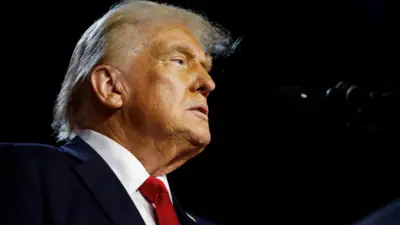We've updated our Privacy and Cookies Policy
We've made some important changes to our Privacy and Cookies Policy and we want you to know what this means for you and your data.
Shares slide after China brands online games 'electronic drugs'
Image source, BERTHA WANG
Shares in two of China's biggest online gaming firms have slipped after a state media outlet called them "electronic drugs".
Tencent and NetEase shares fell more than 10% in early Hong Kong trade before regaining some of those losses.
Investors are increasingly concerned about Beijing cracking down on firms.
In recent months authorities have announced a series of measures to tighten their grip on technology and private education companies.
An article published by the state-run Economic Information Daily said many teenagers had become addicted to online gaming and it was having a negative impact on them. The news outlet is affiliated with the official Xinhua news agency.
The article cited Tencent's hugely popular game Honor of Kings, saying students were playing it for up to eight hours a day, and asked for more curbs on the industry.
"No industry, no sport, can be allowed to develop in a way that will destroy a generation," it said before going on to liken online games to "spiritual opium".
Tencent has said it would introduce measures to reduce children's access to and time spent on its Honor of Kings game. The company also said it plans to eventually roll out the policy to all of its games.`
The recovery in share prices came as Economic Information Daily deleted the article from its account on the Wechat social media platform.
Tencent also saw its shares fall last week after being ordered to end exclusive music licensing deals with record labels around the world.
The move was aimed at tackling the technology giant's dominance of online music streaming in the country - it currently controls more than 80% of China's exclusive music streaming rights after an acquisition in 2016.
Tencent is only one of a number of Chinese companies listed in the US, Hong Kong and mainland China to see shares fall sharply this year as Beijing clamps down on the country's technology and education industries.
Last week saw shares in Chinese online tutoring firms slump after they were stripped of the ability to make a profit from teaching core subjects in China.
The new guidelines also restricted foreign investment in the industry.
The major shift in policy came as authorities try to ease the financial pressures of raising children.
Officials have been worried after China's latest census showed that the birth rate had fallen to the lowest in seven decades.
It is one of the biggest ever overhauls of the country's $120bn (ВЈ87bn) private tutoring sector.
You may also be interested in:
Top Stories
More to explore
Most read
Content is not available








